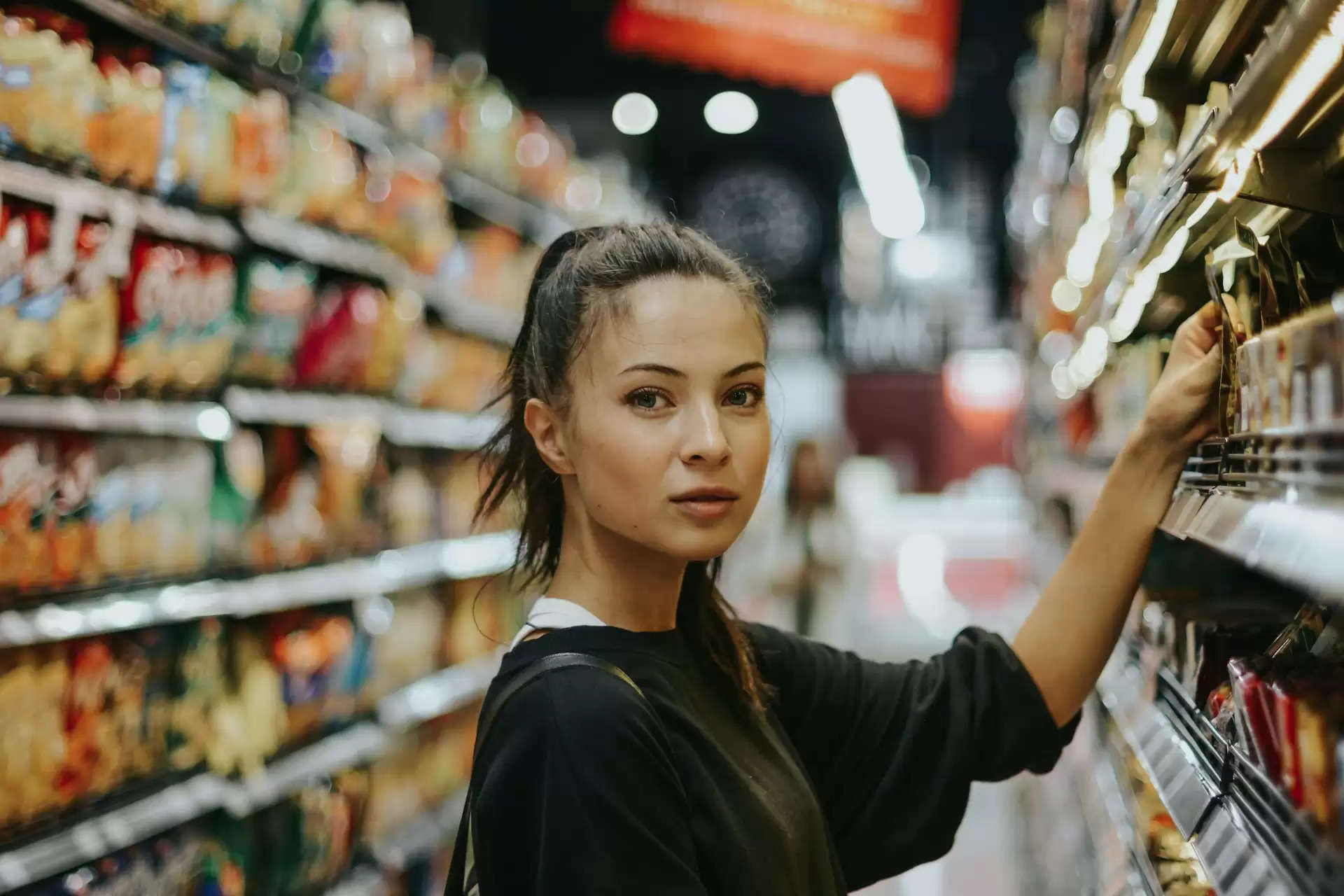How Politics Shapes Your Preferences

You know how we sometimes avoid things just because they’re liked by people with political views we don't agree with? Well, scientists did some research on this, and they found that we distance ourselves from even totally neutral products if they’re associated with certain political groups. And get this: it happens even if the product doesn’t have anything to do with politics!
The Clothing Study
In a series of four studies, scientists looked at how people reacted to neutral products after learning they were liked by certain political figures or groups. They found that even something as simple as chocolate could become political depending on who liked it!
One of the studies focused on clothing. Over 600 people were shown pictures of people in formal clothes, but their faces were hidden. They were asked what they thought of the clothes—how they looked, whether they’d buy them, etc.
Then, they saw that the people in the clothes were actually politicians. And guess what? If the politician was from a party they didn’t like, they started seeing the clothes as less stylish, even though nothing had changed about the clothes themselves!
Chocolate and Politics
In another study with over 800 participants, they rated chocolate brands and stated their political preferences. Then, they were told which chocolate their political opponents or their side preferred. The result? People found the chocolates liked by their political opponents a lot less appealing, but the ones their own side liked didn’t become more popular.
Charity Donations and Political Distancing
This pattern continued in a study about donations. Over 1,200 people were asked if they’d donate to certain charities. When told that a charity was preferred by their political opponents, they were less likely to donate to it. Funny thing is, everyone liked the same charities and chocolates, regardless of political affiliation!
The Power of Social Influence
In the last study, about 1,300 people made product choices while being watched by animated faces of their own political group. This time, the distancing behavior was even stronger, especially when people knew they were being observed.
Why Do We Do This?
So, the scientists think this happens because we want to maintain a certain image of ourselves. We don't want to be seen as supporting something our political opponents like, even if there’s no reason not to. Being aware of this might help us make more conscious decisions instead of just reacting without thinking.
.jpg)
